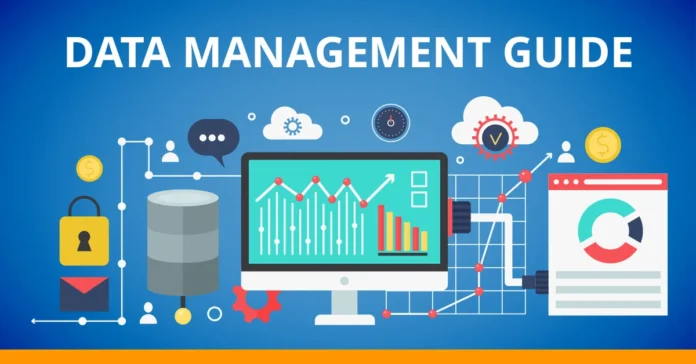Introduction
In today’s digital age, businesses generate vast amounts of data daily. To keep this data organized, secure, and accessible, companies rely on Data Management Software (DMS). But what exactly is it, and why is it so important? Let’s dive into the world of data management and explore how it impacts modern business operations.
Understanding Data Management
What is Data?
Data includes all the information a company collects, stores, and processes. It can be structured (e.g., databases, spreadsheets) or unstructured (e.g., emails, social media posts).
Why Data Management is Crucial
Without proper data management, businesses risk data loss, security breaches, and inefficiencies. A structured approach ensures data integrity, accessibility, and compliance with regulations.
Evolution of Data Management Software
Over the years, data management has evolved from simple file storage to complex solutions incorporating artificial intelligence, automation, and real-time analytics.
Key Features of Data Management Software
Data Storage and Organization
DMS allows businesses to store data efficiently. Cloud-based solutions offer scalability, while on-premise systems provide enhanced security.
Data Security and Compliance
With cyber threats on the rise, encryption, access control, and regulatory compliance features ensure data safety.
Data Integration and Interoperability
Modern DMS solutions integrate with multiple platforms, making data more accessible and useful across different systems.
Backup and Disaster Recovery
A good DMS ensures regular backups and disaster recovery options, minimizing data loss risks.
Data Analytics and Reporting
Built-in analytics provide valuable insights, helping businesses make data-driven decisions.
Types of Data Management Software
- Database Management Systems (DBMS): Used for structured data storage.
- Data Warehousing Solutions: Helps consolidate large datasets for analysis.
- Master Data Management (MDM): Ensures data consistency across business units.
- Big Data Solutions: Manages large-scale, unstructured data.
Benefits of Using
- Enhances data accuracy and reduces redundancy.
- Improves security and regulatory compliance.
- Provides insightful analytics for better decision-making.
- Increases efficiency and cost-effectiveness.
How to Choose the Right Data Management Software
Consider factors such as business size, required features, budget, and future scalability before selecting a DMS.
Popular Data Management Software Solutions
Some of the top choices include:
- Oracle Database
- Microsoft SQL Server
- IBM Db2
- AWS Data Management Solutions
- Google BigQuery
Challenges in Data Management
- Handling large volumes of data efficiently.
- Ensuring robust security measures.
- Complying with ever-evolving regulations.
Future Trends in Data Management
- AI-powered data management for automation.
- Edge computing to process data closer to the source.
- Blockchain for secure, tamper-proof data storage.
Conclusion
Data Management Software is essential for businesses of all sizes. It enhances security, optimizes operations, and provides valuable insights. With evolving technology, data management will continue to advance, making it even more powerful.


